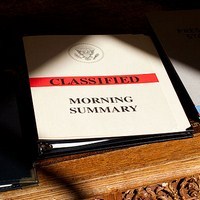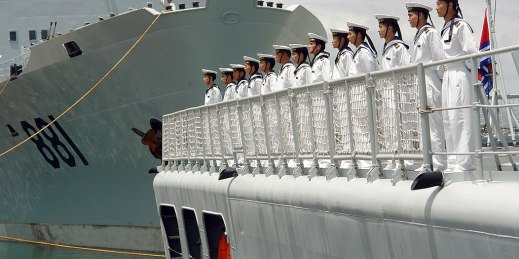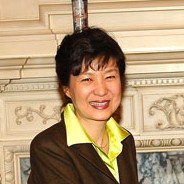
The U.S. missile defense program suffered perhaps its most serious test failure in recent history last week. The July 5 setback should serve as a warning to the Pentagon for the need to hedge against further deficiencies in the Ground-based Midcourse Defense (GMD) system, a core element of the U.S. Ballistic Missile Defense System (BMDS). On Friday afternoon, the Defense Department launched a missile from the Army’s Reagan Test Site on Kwajalein Atoll, Republic of the Marshall Islands. Several minutes later, the Pentagon launched an unarmed Exoatmospheric Kill Vehicle (EKV) aboard a rocket from Vandenberg Air Force Base in California […]















